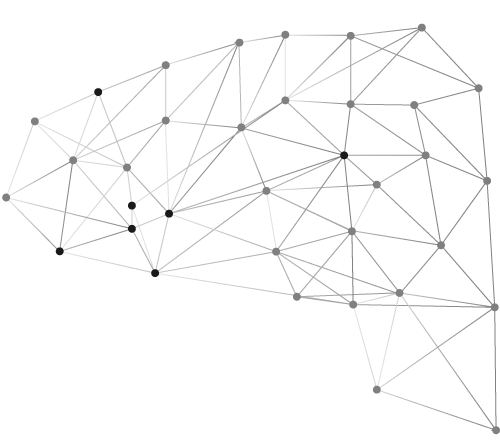1 Introduction
OVERVIEW
This statistical bulletin provides information on the number of hate crimes recorded by the police in England and Wales in 2018/19.
Hate crimes recorded by the police
Hate crime is defined as ‘any criminal offence which is perceived, by the victim or any other person, to be motivated by hostility or prejudice towards someone based on a personal characteristic.’ This common definition was agreed in 2007 by the police, Crown Prosecution Service, Prison Service (now the National Offender Management Service) and other agencies that make up the criminal justice system. There are five centrally monitored strands of hate crime:
•race or ethnicity;
•religion or beliefs;
•sexual orientation;
•disability; and
•transgender identity.
The College of Policing provided operational guidance in 2014 to police forces around hate crime, including information on what can be covered by race hate crime. The guidance stated:
“Race hate crime can include any group defined by race, colour, nationality or ethnic or national origin, including countries within the UK, and Gypsy or Irish Travellers. It automatically includes a person who is targeted because they are an asylum seeker or refugee as this is intrinsically linked to their ethnicity and origins. Policy and legislation takes a ‘human rights’ approach and covers majority as well as minority groups.”
This means that offences with a xenophobic element (such as graffiti targeting certain nationalities) can be recorded as race hate crimes by the police. Further information on how the police record hate crime can be found in the Hate Crime Operational Guidance1.
An offence may be motivated by hatred towards a characteristic (strand) that is not centrally monitored and does not form part of the data collection presented in this statistical bulletin (age or gender for example).
Terrorist offences may also be considered a hate crime and the College of Policing operational guidance states, there is “a clear overlap between hate crime and terrorist activity”. Terrorist activity (such as the Manchester Arena attack in May 2017), may be targeted against general British or Western values rather than one of the five specific strands and is therefore not covered by this statistical collection.

